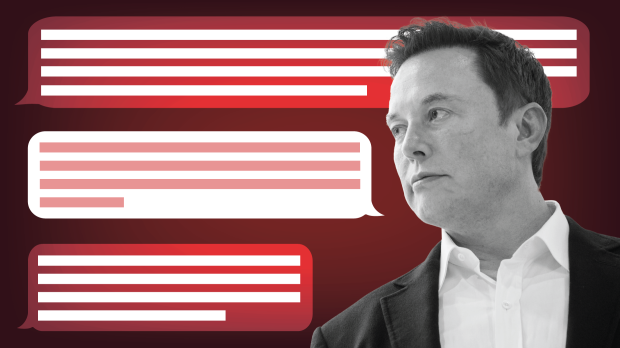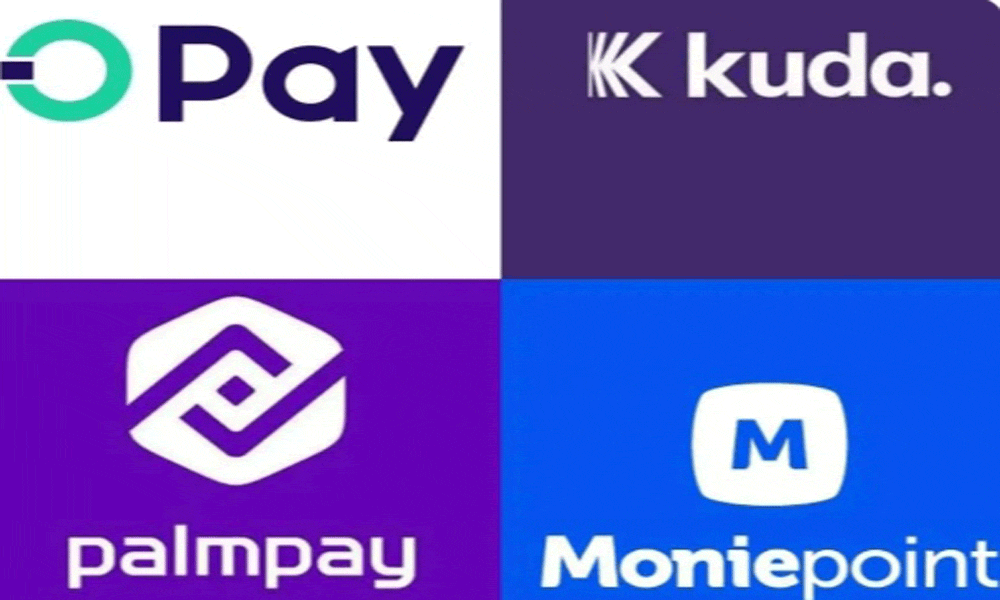Elon Musk to Develop Alternative to OpenAI’s ChatGPT
Elon Musk reportedly has been approaching artificial intelligence researchers in recent weeks with an eye toward setting up a research lab to develop an alternative to OpenAI’s ChatGPT. The move...

Elon Musk reportedly has been approaching artificial intelligence researchers in recent weeks with an eye toward setting up a research lab to develop an alternative to OpenAI’s ChatGPT.
Table Of Content
The move stems from Musk’s dissatisfaction with the safeguards OpenAI has included in ChatGPT to prevent it from producing text that might offend users, according to a report in The Information.
Musk, and some conservative commentators, have also accused OpenAI of training ChatGPT to be “woke.”
Writing for the National Review in January, Nate Hochman declared he’d found a built-in ideological bias in ChatGPT.
“It’s not clear if this was characteristic of ChatGPT from the outset or if it’s a recent reform to the algorithm, but it appears that the crackdowns on ‘misinformation’ that we’ve seen across technology platforms in recent years — which often veer into more brazen efforts to suppress or silence viewpoints that dissent from progressive orthodoxy — is now a feature of ChatGPT, too,” he wrote.
Avoiding Controversy
Will Duffield, a policy analyst at the Cato Institute, a Washington, D.C. think tank, counters, however, that what appears to be an ideological bias to some is actually an attempt to avoid controversy.
“Woke is the wrong framing,” Duffield told TechNewsWorld.
“OpenAI’s chatbot, and DALL-E as well, has been tuned to avoid controversial subjects,” he continued. “That doesn’t mean they’ve been tuned to be woke. In avoiding controversy, they mirror what society as a whole has deemed controversial.”
For example, he explained that if you ask ChatGPT to write a poem about Biden and one about Trump, it will write the poem about Biden but not about Trump.
“That isn’t because somebody at OpenAI tuned the model to avoid Trump, but because Trump is a controversial figure,” he said. “If you read everything written about Biden and Trump over the last 10 years, you’re going to walk away with the impression that Trump is more controversial.”
Musk Might Deliver Transparency
Greg Sterling, co-founder of Near Media, a news, commentary, and analysis website, also found the woke criticism unwarranted.
“OpenAI and Microsoft are trying to prevent ChatGPT from generating hateful or racist content, which is both the responsible thing to do and pragmatic,” Sterling told TechNewsWorld. “Any brand associated with hateful AI speech or disinformation will be tainted in the public mind.”
But Mark N. Vena, the president and principal analyst with SmartTech Research in San Jose, Calif., argued that multiple examples have been reported in the media about apparent wokeness in OpenAI’s technology.
“In all fairness, OpenAI is still very much in a testing phase, and given some of the negative market feedback on its alleged wokeness, I suspect OpenAI will dial it back over time,” Vena told TechNewsWorld.
He added that if Musk became part of the AI landscape, it could be a good thing for the technology.
“Given the management approach that he’s brought to Twitter — whether you like it or don’t like it — his focus on transparency could be a good thing,” he said.
“I’d expect him to focus on being highly transparent around the algorithms that Twitter might utilize with their own ChatGPT implementation, and you might see him promote a strong code of conduct,” he continued.
“I think we should be open-minded about the changes he might bring to a ChatGPT play,” Vena added.
Traffic Magnet
The report of Musk getting into the AI chat business could benefit Twitter, observed Ross Rubin, the principal analyst with Reticle Research, a consumer technology advisory firm in New York City.
“ChatGPT has become an incredible traffic magnet, and when you’re in the attention game, like Twitter, that’s impossible to ignore. You have to respond to that,” he told TechNewsWorld.
“AI could also give users a way to mine the incredible amount of data and perspective that scrolls through Twitter every day,” he continued.
“It’s always been challenging to keep up with the stuff you want to follow on Twitter because there’s so much noise,” Rubin added. “AI can be helpful in that area.”
A Musk AI might also benefit from his relationship with Twitter. “He’s got Twitter’s data, which might be an interesting corpus of information to train AI on,” Duffield said.
“If Musk really wants to differentiate his AI product, it should use a model that users can run on their own machines and set their own weights and biases,” he added. “That kind of freedom will ultimately be most important in the AI space.”
Bing AI Comes to Windows 11
Bob O’Donnell, founder and chief analyst at Technalysis Research, a technology market research and consulting firm in Foster City, Calif., predicted many companies will be developing large language models like ChatGPT.
“Since they’re incredibly expensive to develop, you need someone with the money of a Musk to bankroll those kinds of efforts,” he told TechNewsWorld.
“I don’t know if anything Musk does is going to make a huge difference,” he added. “What I do know is we’re going to see a number of companies trying this with a number of different perspectives. Ultimately, it’s going to come down to what people find useful.”
While Musk prepares to enter the AI chat field, Microsoft continues to expand the use of the technology in its products. It announced Tuesday that the latest version of Windows 11 will incorporate AI-powered Bing directly into the taskbar.
“The search box is one of the most widely used features on Windows, with over half a billion users every month, and now with the typable Windows search box and the new AI-powered Bing front and center to this experience, you will be empowered to find the answers you’re looking for, faster than ever before,” Microsoft’s Chief Product Officer Panos Panay wrote in a company blog.
Microsoft’s aggressive rollout of AI-based products has had a few hiccups, but slowing down doesn’t seem to be an option.
“There will be setbacks, but it’s really more about Microsoft’s ability to adjust on the fly and update with new guardrails and better training,” Jason Wong, a vice president and analyst with Gartner, a research and advisory company based in Stamford, Conn., told TechNewsWorld.
“There is so much potential to be gained with generative AI that it’s worth the risk to be early rather than be late to market at this point,” he said.









No Comment! Be the first one.